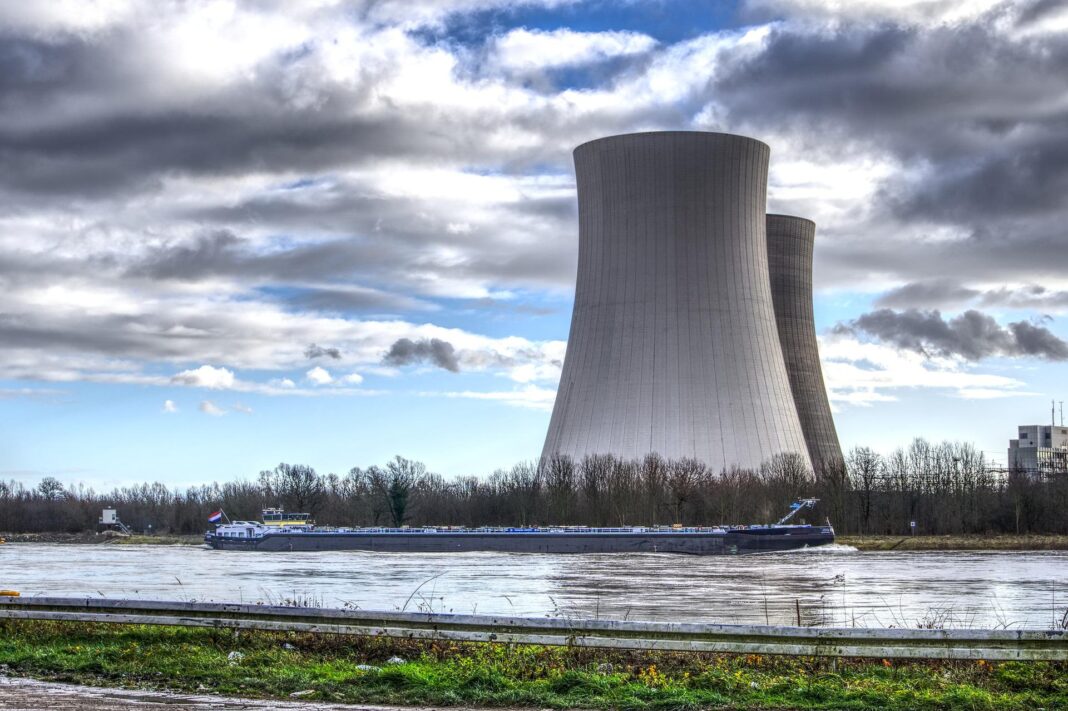By: V4 Agency
The Belgian prime minister expects the next five to ten winters to be extremely difficult. At the same time, the French government wants to avoid a sudden rise in energy prices, although they believe that price freezes cannot be maintained forever. No expert could guarantee that the country would be able to avoid blackouts in winter, the spokesman of the French government added.
Europe is facing an extremely difficult situation due to the rising energy prices, with some sectors facing serious difficulties, the Belgian prime minister said. An article by the daily Le Soir reveals that Alexander De Croo expects the next five to ten winters to be very difficult.
He believes, however, that the country will be able to cope with the economic difficulties ahead if “we support each other” with “the necessary confidence and determination.” To get out of the economic crisis, we must hope for the best and prepare for the worst, the Belgian PM added.
Hans Maertens, head of the advocacy group Flemish Business Network (VOKA), also believes that storm clouds are gathering over the Flemish economy.
Meanwhile, the leader of the Reform Movement (MR) party, Georges-Louis Bouchez, called the insistence on gas dependency a culpable blindness, saying that if we can already predict 5-10 winters to be difficult, it is not enough to maintain the two nuclear reactors planned by the government, but more would be needed. Energy Minister Tinne Van der Straeten, on the other hand, has ruled out the expansion of more than two nuclear power plants.
Instead of nuclear energy, the Green Party minister sees a common EU action to freeze gas prices as a way of curbing skyrocketing energy prices. It could cut household energy bills by up to 770 euros, the politician explained. The next 5-10 winters will be terrible if nothing is done, the minister tweeted.
Meanwhile, Economy Minister Pierre-Yves Dermagne announced on Twitter that he had recently signed a royal decree prolonging the effect of the extended social tariffs for gas and electricity until the end of the year. This is the most important measure, alongside automatic indexation, to compensate for the loss of purchasing power of people with low incomes, Mr Dermagne pointed out.
Besides fixing the social tariff, the government must also take further measures to help the population face the unprecedented energy crisis, the politician added.
Meanwhile, tackling steep energy price hikes is causing a worsening headache also for the French government. Although prices have been frozen until the end of the year, price caps cannot be maintained indefinitely, government spokesman Olivier Veran said. However, a sudden 80 per cent spike in bills almost overnight – similar to the one seen in the UK – will not occur in France, the politician told BFMTV in an interview. The French government is working to avoid an explosion in energy prices, Mr Veran emphasized, adding that parliament will discuss in autumn or early winter the measures to protect households most in need. He did not disclose any further details.
When asked by the reporter whether the population should expect power cuts during the winter, Mr Veran replied that the government will do everything to avoid blackouts, adding that a great deal depends on the weather and temperatures in winter, because consumption may change by several per cent if the temperature deviates from the average even by a few degrees. All available nuclear reactors will be put into operation and the development of renewable energy sources will be accelerated, the government spokesman said. When the reporter asked the question again, Olivier Veran said that there was no expert who would guarantee that there will be no power cuts in the winter in France.
The energy crisis that has hit the country is not the result of a coincidence, right-wing politician Marine Le Pen said on a programme of LCI. Ms Le Pen, who is one of the most popular opposition politicians, stated that it is the consequence of the political choices made by the government, noting that she had warned of this before the elections in April. There are short- and medium-term solutions, Ms Le Pen pointed out, adding that they should be put in place. Investments must be made in the nuclear industry and the sector should be revived, she argued.

